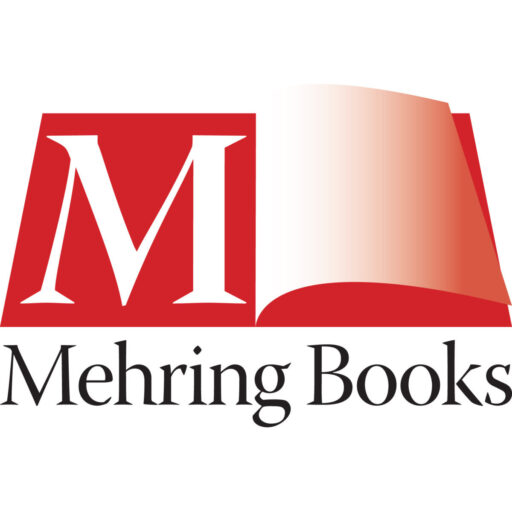Battle Cry of Freedom covers two decades of the Civil War era, from the outbreak of the Mexican-American War in 1846 to the ending of the Civil War at Appomattox in 1865. It combines within a single narrative framework the social, military, and political events of the period. It is the sixth volume of the Oxford History of the United States.
From the momentous episodes that preceded the Civil War — the Dred Scott decision of 1857, the Lincoln-Douglas debates of 1858, John Brown’s raid on Harper’s Ferry of 1859 — the narrative moves into a masterful chronicle of the war itself: the battles, the strategic maneuvering on both sides, the politics, and the personalities. McPherson puts forward important views on matters such as the expansion of slavery in the 1850s, the origins of the Republican Party, the causes of Southern secession, internal dissent and anti-war opposition in the North and the South, and the reasons for the Union’s victory.
Both North and South claimed to fight for Freedom: the South seceded in the name of freedom of self-determination and self-government for which their fathers had fought in 1776; the North defended the Union founded by those fathers as the bulwark of American liberty. Eventually, the North had to grapple with the underlying cause of the war, that is, of slavery, and adopt a policy of emancipation as a second war aim. This “new birth of freedom,” as Lincoln called it, constitutes the proudest legacy of America’s bloodiest conflict.





